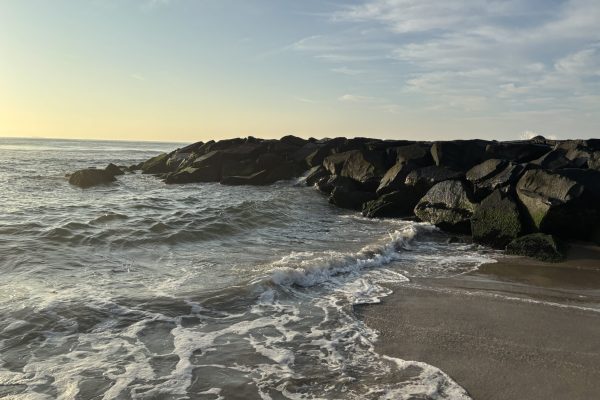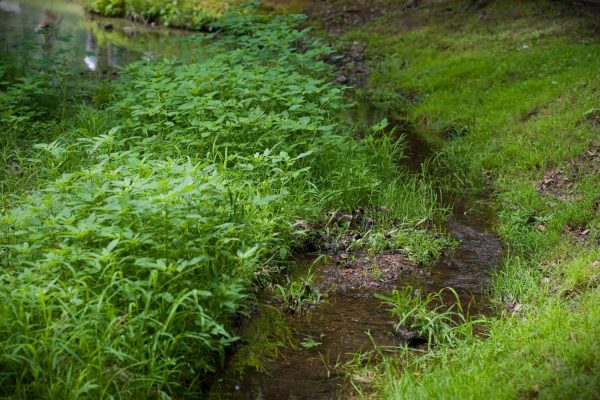When Havdallah ends, the light is extinguished and the scent of spices dissipates. We may feel sadness at being separated from the quiet of Shabbat or anxiety about returning to the everyday world.
There is an ancient minhag (custom) of going to a natural spring or well after Shabbat and drawing and drinking water. This custom was based on the mystical belief that the restorative waters of Miriam’s Well flow through all wells and natural springs on Saturday night.* Anyone who drinks from these waters at this time will be healed from afflictions and the healing will continue through the new week.
Reviving this ritual affirms the life-giving power of water in our physical and spiritual lives. Mindfully engaging in this healing ritual strengthens us for moving forward into whatever the week will bring.
Ritual:
Choose a special glass. Consider why this glass holds meaning for you. Fill your glass with water. (If you do not have well water or access to a well or a spring, use whatever water is available.)
Take the glass into your hands. Take a moment to observe the water.
Roll the water in the glass.
Watch and listen to the movement of the water.
Recite:
Timeless Source of Healing,
As we emerge from the sanctuary of Shabbat,
We carry within us Your call for tikkun olam,
the continuous healing of ourselves and our world.
We fortify ourselves with water
from the well of Miriam haNeviah
for healing and for hope
and for bringing sweetness into this new week.
Sip. Feel the water moisten your mouth. Drink.
* This custom is recorded in several texts, including HaMapah, the commentary by 16th-century kabbalist Moses Isserles on the Shulkhan Arukh, the compendium of halakhah, and the Shulkhan Arukh of Shneur Zalman of Liadi.











